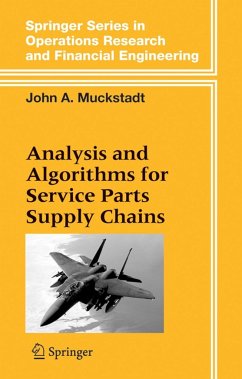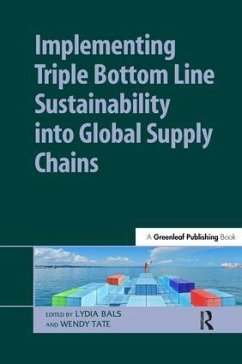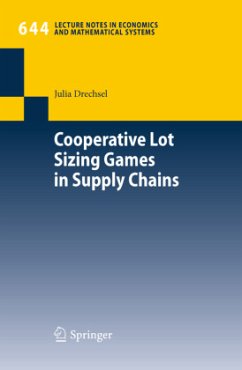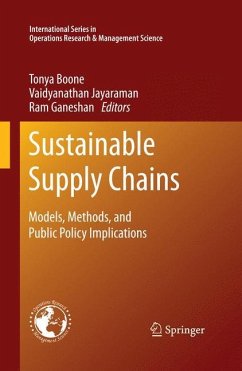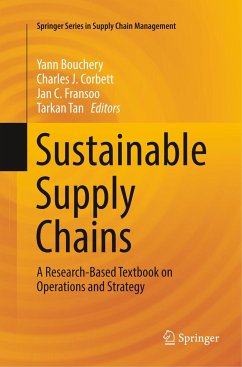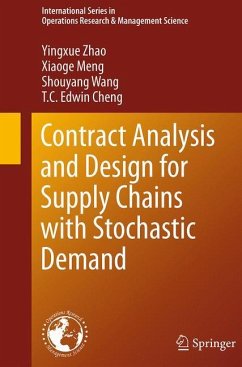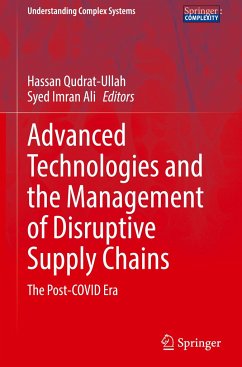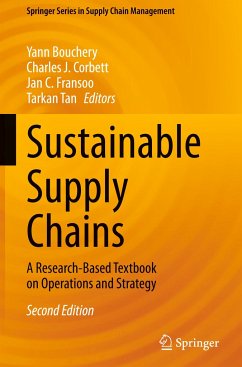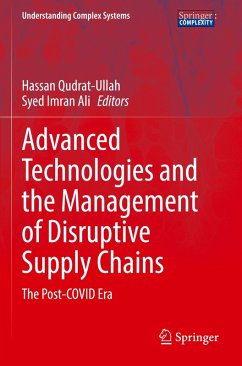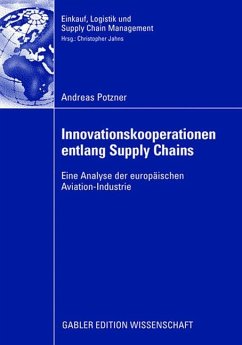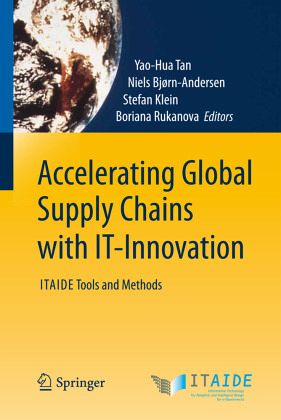
Accelerating Global Supply Chains with IT-Innovation
ITAIDE Tools and Methods
Herausgegeben: Tan, Yao-Hua; Bjørn-Andersen, Niels; Klein, Stefan; Rukanova, Boriana

PAYBACK Punkte
57 °P sammeln!
This book describes the ITAIDE Information Infrastructure (I3) model, which helps improve international trade security and lower administrative costs. The authors show how I3 can help shippers qualify for simpler customs procedures and fewer inspections of goods.
One of the major challenges for European governments is to solve the dilemma of increasing the security and reducing fraud in international trade, while at the same time reducing the administrative burden for commercial as well as public administration organisations.
To address these conflicting demands, the ITAIDE project has developed a large set of innovative IT-related tools and methods that enable companies to be better in control of their business operations. These tools and methods have been integrated in the ITAIDE Information Infrastructure (I3) framework.
By using the I3 framework, companies are better positioned to apply for the Trusted Trader status, and enjoy trade facilitation benefits such as simplified customs procedures and fewer inspections of their goods. Hence, the I3 framework can contribute to making global supply chains faster, cheaper, and more secure.
The I3 framework has been tested and validated in five real-life Living Labs, spanning four different sectors of industry, and conducted in five different EU countries. National Tax & Customs organizations from various European countries have actively participated in the Living Labs.
The United Nations CEFACT group, experts from the World Customs Organization and representatives of key industry associations have also provided valuable feedback and ideas for the Living Labs and the project in general.
www.itaide.org
To address these conflicting demands, the ITAIDE project has developed a large set of innovative IT-related tools and methods that enable companies to be better in control of their business operations. These tools and methods have been integrated in the ITAIDE Information Infrastructure (I3) framework.
By using the I3 framework, companies are better positioned to apply for the Trusted Trader status, and enjoy trade facilitation benefits such as simplified customs procedures and fewer inspections of their goods. Hence, the I3 framework can contribute to making global supply chains faster, cheaper, and more secure.
The I3 framework has been tested and validated in five real-life Living Labs, spanning four different sectors of industry, and conducted in five different EU countries. National Tax & Customs organizations from various European countries have actively participated in the Living Labs.
The United Nations CEFACT group, experts from the World Customs Organization and representatives of key industry associations have also provided valuable feedback and ideas for the Living Labs and the project in general.
www.itaide.org




